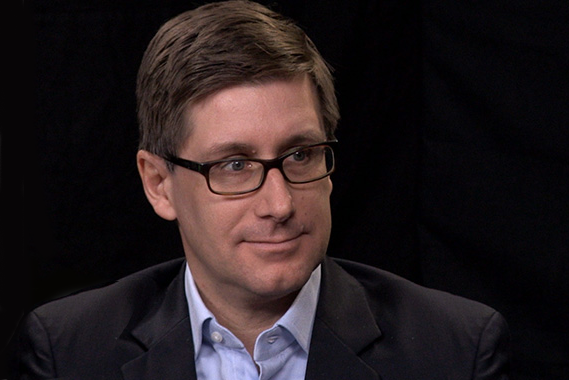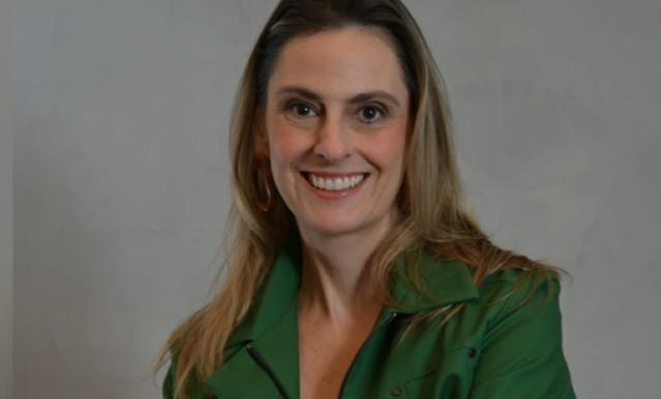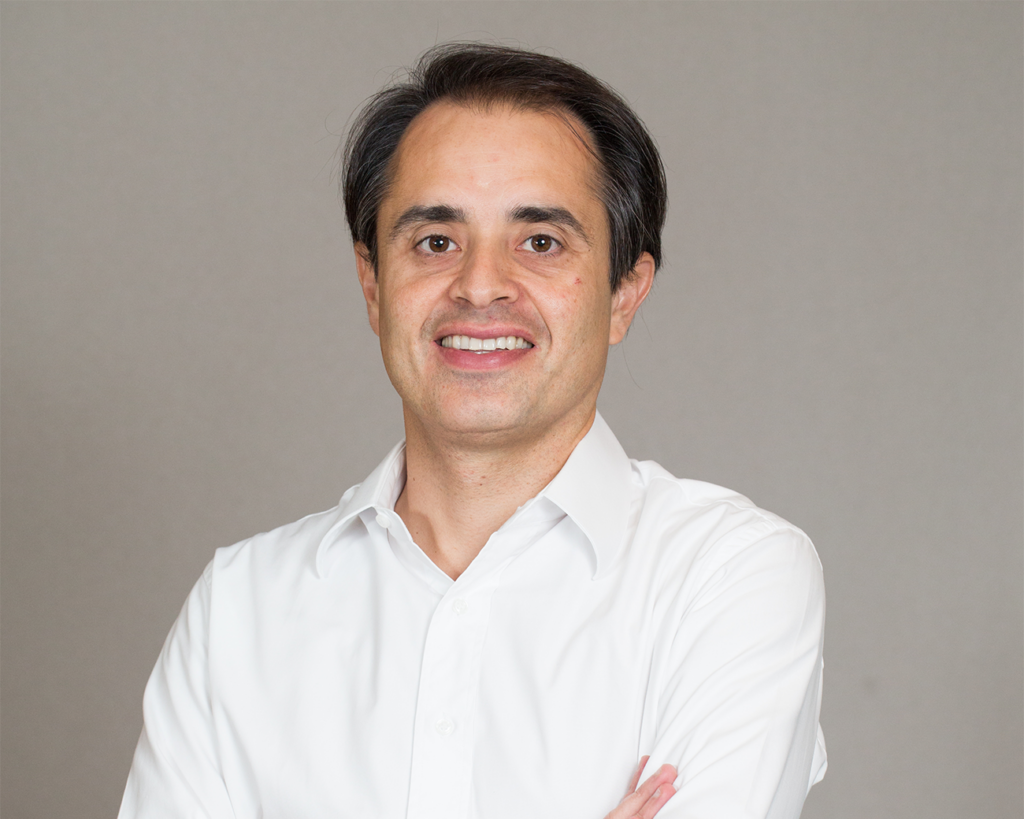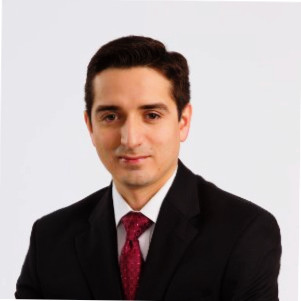Member Profiles
Jaime Cardoso, Private Equity Co-Head, Bozano Investimentos
28 July 2016

LAVCA caught up with Jaime Cardoso, Partner and Private Equity Co-Head at Bozano Investimentos, to learn more about the mid-market opportunity in Brazil, education as a target sector, and their newest capital raise and first dollar-denominated fund.
LAVCA: Please provide some background on Bozano Investimentos. How has the tie between the Bozano Group and investment firms, BR Investimentos, Mercatto Gestão de Recursos, and Trapezus Asset Management, created a unique alternative asset management firm?
Cardoso: Bozano Investimentos (“Bozano”) is an asset management firm that resulted from the merger, in 2013, of three complementary investment firms, private equity focused BR Investimentos, together with Mercatto Gestão de Recursos, a traditional asset manager, and Trapezus Asset Management, an alternative asset manager. With over R$ 3.5 billion in assets under management, Bozano offers its clients a diverse range of products and services within the alternative investment area including private equity, structured products, venture capital and hedge funds, as well as more traditional public equity and fixed income products. Since the merger, Bozano Investimentos has consolidated itself as one of the leading independent asset managers in Brazil; we currently employ approximately 50 people and have offices in São Paulo, Rio de Janeiro, and Recife.
LAVCA: Bozano is in the process of raising a dollar-denominated fund with a US$300m target. Why are you seeking to bring in international investors now as opposed to raising money locally?
Cardoso: Our first two private equity vintages, an Education Fund raised in 2009 and a Generalist Fund raised in 2010, were both locally incorporated, Brazilian Real denominated funds, and as such, had a strong concentration of large Brazilian Institutional Investors as Limited Partners. In 2014, Bozano Investimentos raised its third vintage, an Education Fund II, also denominated in Reais but with a more diversified investor base, including local pension funds, family offices, high net worth individuals and as an anchor investor, Bertelsmann AG, the large German media company. Bozano Investimentos is now raising its first US dollar-denominated fund, the Bozano Growth Capital Fund, with one of the objectives being to expand our investor base to include non-Brazilian, international investors, who represent an important source of capital for companies worldwide. Target investors include asset allocators, endowments, single and multi-family offices, insurance companies, fund of funds, pension funds, development agencies, government banks and foundations, among others.
Bozano Investimentos is now raising its first US dollar-denominated fund, the Bozano Growth Capital Fund, with one of the objectives being to expand our investor base to include non-Brazilian, international investors, who represent an important source of capital for companies worldwide.
LAVCA: As a Brazil-only fund, what is Bozano’s overall investment strategy?
Cardoso: The Bozano Growth Capital Fund (the “Fund”) will provide investors access to the full range of investment opportunities identified by Bozano across several target sectors which Bozano believes present excellent growth opportunities and where we have differentiated knowledge and expertise to add value. These sectors include, but are not limited to, consumer-related sectors, such as retail and services; healthcare; education; and logistics. By targeting specific sectors, Bozano Investimentos believes that it has the ability to differentiate itself from other more generalist private equity firms in terms of both deal origination and subsequent value creation. Consistent with its past investment history, the Fund’s investment strategy will be to provide growth capital to mid-size companies that are also in need of a partner to help them drive the transition towards more professional management and governance structures, similar to that of a public company. As such, Bozano generally seeks to invest in companies that are family-owned or family-controlled, which it believes have untapped potential not only because of a lack of capital, but also due to weak corporate governance, lack of professional and aligned management teams, absence of long-term strategic planning and/or insufficient shareholder risk tolerance to pursue acquisitions, and other growth opportunities.
LAVCA: Bozano was awarded the Criatec 2 mandate from Brazilian National Development Bank (BNDES). What was the directive for deploying this capital – strategy, timeline for dispersion, etc.?
Cardoso: Bozano Investimentos has a separate team that manages Criatec 2, an R$186 million venture capital fund. The fund has a generalist mandate, but its investment strategy was designed to focus on five main theses: Tech Retail, Health Tech, Fintech, Logistics Tech, and Agro Tech. Criatec 2 has a 10 year term, and as of today, has completed 24 investments in a diverse range of companies. These include Vindi, a fintech company that develops recurring payment gateway solutions; EZ Commerce, that develops state of the art e-commerce solutions for small and middle sized enterprises; and Compass3D, a health tech company that develops odontology solutions based on state of the art scanning and 3D printing. Other examples of portfolio companies are HCO, a logistics operator focused on the heath sector, and Ventrix, focused on technological and innovative medical solutions such as smart medical devices and systems.
LAVCA: What is the environment like for co-investing in Brazil, both in the early stage community and for growth investments? Who have you co-invested with and why?
Cardoso: The private equity industry in Brazil is in its early stages. The sector is regulated and has gained momentum over the last decade with the entrance of a number of global players into the market, most of whom are larger and focused primary on buyout opportunities. The strategy of growth investing, pursued by Bozano, has focused primarily on the middle market segment, but with the objective of creating national players. This segment of the market has fewer players with limited co-investments among mangers. At Bozano Investimentos, we strongly believe in partnering with other funds to complement competencies and share risks inherently associated with investing in early stage companies. In our portfolio of companies, we have co-invested to date with two other managers, and we are currently in negotiations to conclude an additional co-investment.
…we strongly believe in partnering with other funds to complement competencies and share risks inherently associated with investing in early stage companies
Similarly, the early stage Venture Capital landscape in Brazil is starting to gain momentum. There are several fund managers focused on seed capital and early stage VC. BNDES, the Brazilian National Development Bank, is still the most active LP in the early stage and VC arena, but a growing number of new LPs are joining the ecosystem. In Criatec 2 we have co-invested with three other managers, and we are currently in negotiations to conclude two additional co-investments.
LAVCA: Given the macroeconomic environment in Brazil, what sectors are most attractive? How are valuations in these sectors?
Cardoso: Brazil today offers an exceptional opportunity to deploy private equity capital due to a number of factors. First, capital has become very scarce as equity capital markets have essentially been closed and banks have limited credit, which when available, is extremely expensive. As a result, our pipeline is very robust and reflects opportunities in those sectors on which we focus, where good growth opportunities still exist despite the recent recession. These are in consumer goods, retail and services, healthcare, education, and logistics. Secondly, given that we are currently in a buyer’s market, in general the conditions for concluding a transaction have improved as well. Valuations have come down in local currency terms, and given the depreciation of the Brazilian Real, prices in US dollar terms have fallen even more. The combination of these factors makes it a great entry point for international private equity investors looking to deploy capital in Brazil.
Poorly performing or weak companies have seen an important de-rating on a multiple basis, and even stronger impact on their valuations as earnings have suffered. On the other hand, the multiples for stronger companies that have been able to perform on a relative basis despite the crises have remained relatively stable. Nonetheless their valuations have come down also as underlying profitability has also been impacted. So across the board valuations have come down, although less for the stronger companies than for the weaker ones. A buyer’s market has also helped improve non-cash considerations such as indemnity provisions and shareholders agreement clauses.
LAVCA: What opportunities are you seeing in education that led to closing a R$800m sector-dedicated fund in 2015? Who were your investors?
Cardoso: We have been investing in the Brazilian education sector since 2009 when we launched the first sector-dedicated fund in the country. We have always taken a broad view of the education sector and have invested in several companies focused on the main business segments, K-12 Education, Higher Education, Unregulated Education, and Content & Education Technologies. In our more recent education fund, we will continue to focus on all the main business segments of the sector, but we see more attractive opportunities in Higher Education and Unregulated Education. As an example, we recently invested in Medcel, one of the largest test prep providers focused on Brazil’s highly competitive medical residency exam. Our LPs include local institutional investors such as PREVI and BNDES, local family offices and private investors and Bertelsmann AG, the German media conglomerate that is seeking to diversify its revenue base mainly through investments in Education and is the education fund’s largest LP.
LAVCA: Please describe the types of education companies Bozano targets (primary, secondary, graduate). Do you also monitor edtech? How has Brazilian public policy in education affected your strategy?
Cardoso: We seek opportunities in all of the main business segments of the Brazilian education sector, but currently see more attractive opportunities in Higher Education and Unregulated Education. Within the sector, we typically focus on mid-market size companies that are family-owned and aligned with the fund in seeking a profitable liquidity event down the road. Regarding Edtech, Bozano manages a small education technologies fund and we have invested in 6 innovative companies. Through these investments and additional monitoring, we are able to have a good view of the Edtech segment as well as the transformative implications it has and may have on traditional education business models. In terms of the regulatory framework, it is important to highlight that Brazil is among the countries considered to be the most open to private investments in education and has established several public policy programs to promote the development of the sector. Recently, the main change in public policy has been a sharp reduction and restructuring of Brazil’s Federal student loan program, called FIES, which is targeted at Higher Education students. However, there are many companies within the segment that for several particular reasons (geography, strategic positioning, or efficiency, among others) have not depended on FIES to drive growth and profitability. Our investment strategy has been focused on these types of companies.
LAVCA: What are viable exit strategies for the Brazilian market? Given the limited opportunity for IPOs how do Bozano and its portfolio companies build opportunities with strategics? What should strategics know about the opportunity in Brazil currently and why it is attractive?
Cardoso: In terms of exit strategy, Bozano’s practice and experience has been to address this event in a number of different ways depending on the size and characteristics of the investee company, the sector in which it operates, and the investment philosophy and liquidity expectations of our partners. Given the emerging markets nature of the region in which we operate, we have to be very flexible with respect to our exits, and our history shows that this approach has paid off. Notwithstanding changing market conditions, we have successfully sold participations in investee companies through IPOs, to strategic buyers, to sovereign wealth funds, to family offices and to other financial sponsors. In particular, given our strategy of providing growth capital to middle market companies and professionalizing their management and governance structures, we see an increasing exit opportunity through sales to other larger, more buyout focused private equity firms, who prefer to invest in more established companies and write larger checks.
LAVCA: Why did you join LAVCA?
Cardoso: As part of the process of diversifying our investor base and increasing our relationships with international investors, it was only natural for us to join LAVCA to leverage our efforts through an organization that fosters the development of Private Equity in the Latin American region. It is a privilege to be included as one of LAVCA’s members and to have access to the very extensive network of member firms, contacts and relationships that the Association provides. We are looking forward to a rich and continuing relationship in the years to come.
You may be interested in...
-

Luciana Antonini Ribeiro, eB Capital
Executive: Luciana Antonini Ribeiro, Co-Founder and CIO Member Name: eB Capital Year...
-

Cristiano Gioia Lauretti, Kinea Private Equity
Member: Kinea Executive: Cristiano Gioia Lauretti, Head of Private Equity HQ: São...
-

Maria Pia Iannariello, MGM Innova Capital
LAVCA recently spoke with Maria Pia Iannariello, Co-Founder & COO of MGM Innova Capital,...
-

Rafael Ramirez, Portfolio Manager, Alaska Permanent Fund Corporation
LAVCA recently spoke with Rafael Ramirez, Portfolio Manager– Private Equity &...